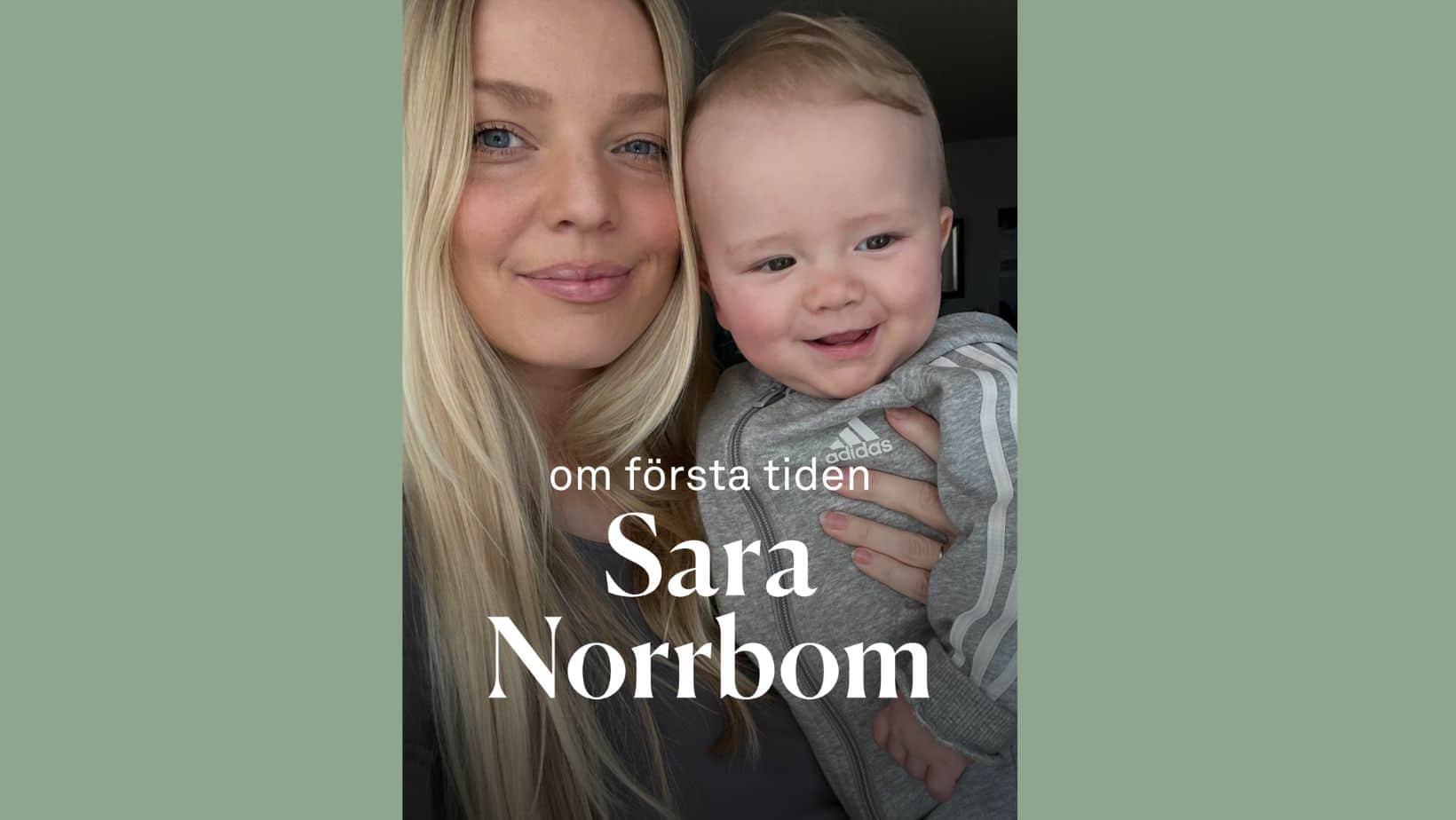
About the early days – with Sara Norrbom
We interview Sara, founder of the successful women’s health company Womensync, about the experience of becoming a mother.
About dealing with the trauma of childbirth and the pain of breastfeeding.
And of course, about Sara and her fiancé’s solutions to make life work as self-employed and parents of young children.

